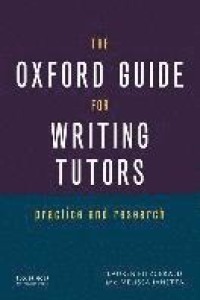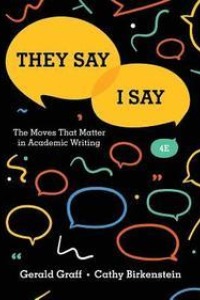
Liknande böcker
Reading, Research, and Writing : Teaching Information Literacy with Process-Based Research Assignments
Bok av Mary Snyder Broussard
The research paper has become so ingrained in higher education that its benefits are assumed to be self-evident, but the connection between student writing and learning is not always clear. Educators frequently discuss the lack of critical thinking demonstrated in undergraduate research papers, but it may not be that students will not invest in writing assignments-it's possible that many cannot with the educational support currently provided. Through theory and examples, and with ACRL's Framework for Information Literacy for Higher Education integrated throughout, Reading, Research, and Writing: Teaching Information Literacy with Process-Based Research Assignments shows just how difficult research assignments can be for novice learners, and offers concrete plans and approaches for building assignments that enhance student learning. In six chapters-including a final chapter on turning theory into practice-Reading, Research, and Writing is an in-depth, interdisciplinary look at the literature in rhetoric and composition studies, reading comprehension, cognitive psychology, education theory, and library and information science that captures what academic librarians and their teaching faculty collaborators should know about reading and writing to improve undergraduate writing-from-sources assignments. The implications for such an understanding include improving students' motivation to research, analyze, and synthesize information at a deeper level; improving librarians' ability to influence effective assignment design among teaching faculty; and opening new avenues of meaningful formative assessment in library instruction. Information literacy and writing-from-sources are important skills for college graduates who leave formal education to be professionals and, hopefully, lifelong learners. Librarians must examine the broader picture that their piece fits within and work across disciplines to produce truly literate-and therefore information-literate-college graduates.







